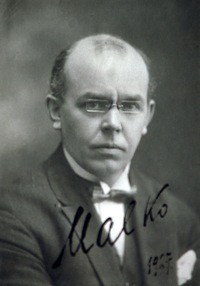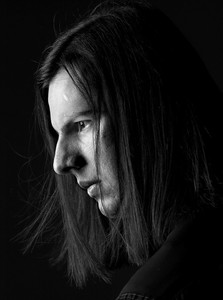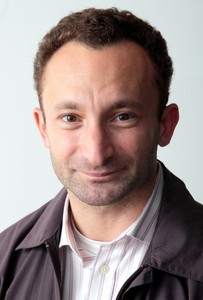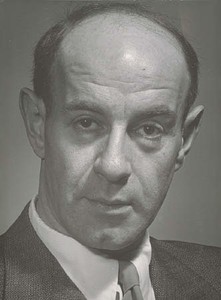
Nikolai Andreevich Malko |
Nikolai Malko

Russian by origin, a native of the city of Brailov in the Podolsk province, Nikolai Malko began his career as a conductor of the ballet troupe of the Mariinsky Theater in St. Petersburg, and finished it as musical director of the Sydney Philharmonic. But although he lived a significant part of his life abroad, Malko always remained a Russian musician, a representative of the conducting school, which includes many masters of the performing arts of the first half of the XNUMXth century – S. Koussevitzky, A. Pazovsky, V. Suk, A. Orlov , E. Cooper and others.
Malko came to the Mariinsky Theater in 1909 from the St. Petersburg Conservatory, where his teachers were N. Rimsky-Korsakov, A. Lyadov, A. Glazunov, N. Cherepnin. Outstanding talent and good training allowed him to soon take a prominent place among Russian conductors. After the revolution, Malko worked for some time in Vitebsk (1919), then performed and taught in Moscow, Kharkov, Kyiv, and in the mid-twenties he became the chief conductor of the Philharmonic and a professor at the conservatory in Leningrad. Among his students were many musicians who are still among the leading conductors of our country today: E. Mravinsky, B. Khaikin, L. Ginzburg, N. Rabinovich and others. At the same time, in concerts conducted by Malko, many novelties of Soviet music were performed for the first time, and among them was D. Shostakovich’s First Symphony.
Beginning in 1928, Malko lived abroad for many years before the war, the center of his activity was Copenhagen, where he taught as a conductor and from where he made numerous concert tours in different countries. (Now in the capital of Denmark, in memory of Malko, an international competition of conductors is held, which bears his name). Russian music still occupied a central place in the conductor’s programs. Malko has earned a reputation as an experienced and serious master, who is fluent in conducting technique, and a deep connoisseur of various musical styles.
Since 1940, Malko lived mainly in the USA, and in 1956 he was invited to distant Australia, where he worked until the end of his days, playing a significant role in the development of orchestral performance in this country. In 1958, Malko made a round-the-world tour, during which he gave several concerts in the Soviet Union.
N. Malko wrote a number of literary and musical works on the art of conducting, including the book “Fundamentals of Conducting Technique”, translated into Russian.
L. Grigoriev, J. Platek





